Survival law of the fittest also applies to the environmental effects of crops on climate warming
For thousands of years, the crops in the farmland ecosystem have constantly provided for the various nutritional needs of human beings and at the same time they are constantly evolving to meet the needs of the new environment. We need to select and breed varieties of crops that adapt well to high temperatures and provide a high yield with good quality.
For regions where only one crop per year is grown currently, farmers can try planting three crops in two years or two crops in one year, to expand the scope of crop planting. For arid areas, we should cultivate crops that are tolerant of drought and high temperatures. We should not only improve the water use efficiency of crops, but also take into account the ability of crops to resist diseases and pests. Darwin’s law of survival of the fittest also applies to the adaptability of crops to the environment.
This study was conducted in Guyuan, a semi-arid area of China. It investigated the effects of warming on the growth and development, water use efficiency, total yield and quality of potato, broad bean and winter wheat grown in rotation, a common practice in the area. Infrared ray radiators were used to raise the temperature in different plots by 0, 0.5, 1.0, 1.5 or 2.0 °C and two separate 3-year rotations were completed (2012-2014 and 2015-2017). Various parameters were measured over the course of the experiment to determine how they were affected. The results showed that warming by 0.5-2.0 °C significantly affected crop photosynthesis rates in the potato–broad bean–winter wheat rotation system as well as growing periods for the system as a whole, including the fallow period, and the individual crops. The various growth stages were affected in different ways, with warming generally improving photosynthesis and transpiration rates in the earlier stages but decreasing them in later stages. Warming also affected water use efficiency, yields and macronutrient composition, though the effects varied among the different crops. The results indicate that global warming could seriously affect the crop growth, yield and water use of the potato–broad bean–winter wheat rotation in semiarid regions of China. There are several things that farmers can do to mitigate the negative effects of global warming: potato and broad bean can be sown earlier, although the sowing date for winter wheat is delayed. Chinese farmers should increase the frequency of irrigation, rather than the amount, in order to improve the water use efficiency of crops as well as finding and cultivating new varieties of crops able to adapt to climate warming. Soil quality is also important: in semi-arid areas of China soil organic matter content is relatively low, so it is necessary to apply more organic fertilizer and supplement with N, P, K fertilizer to improve soil quality. However, when organic fertilizer and P, K fertilizer are applied together, less N fertilizer should be applied.
The article “Warming affects water use, yield and crop quality of a potato–broad bean–winter wheat rotation system in semi-arid regions of China” by Xiao Guoju, Guo Zhanqiang, Zhang Qiang, Hu Yanbin, Wang Jing, Cao Jin and Qiu Zhengji, was published in The Journal of Agricultural Science and is available free for a month.

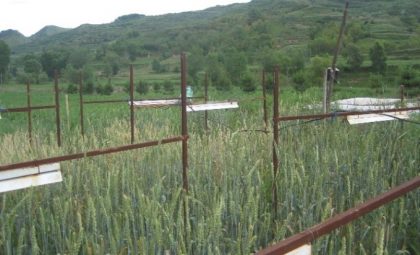
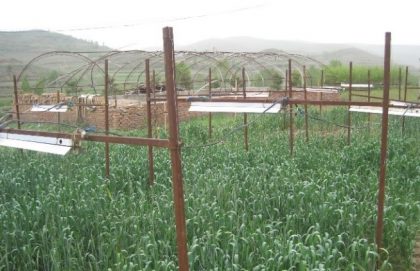
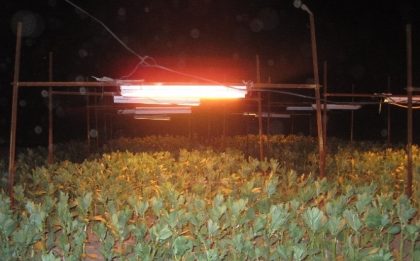
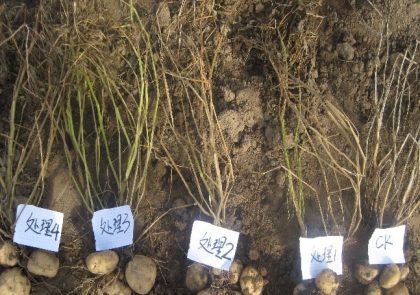
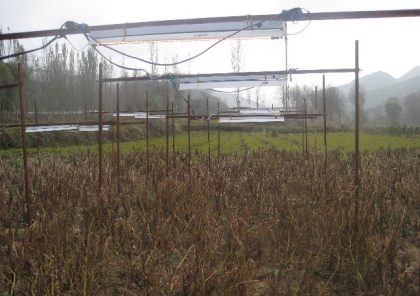


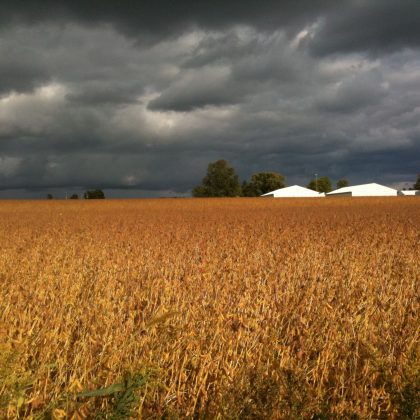


Thanks so much for this blog post..